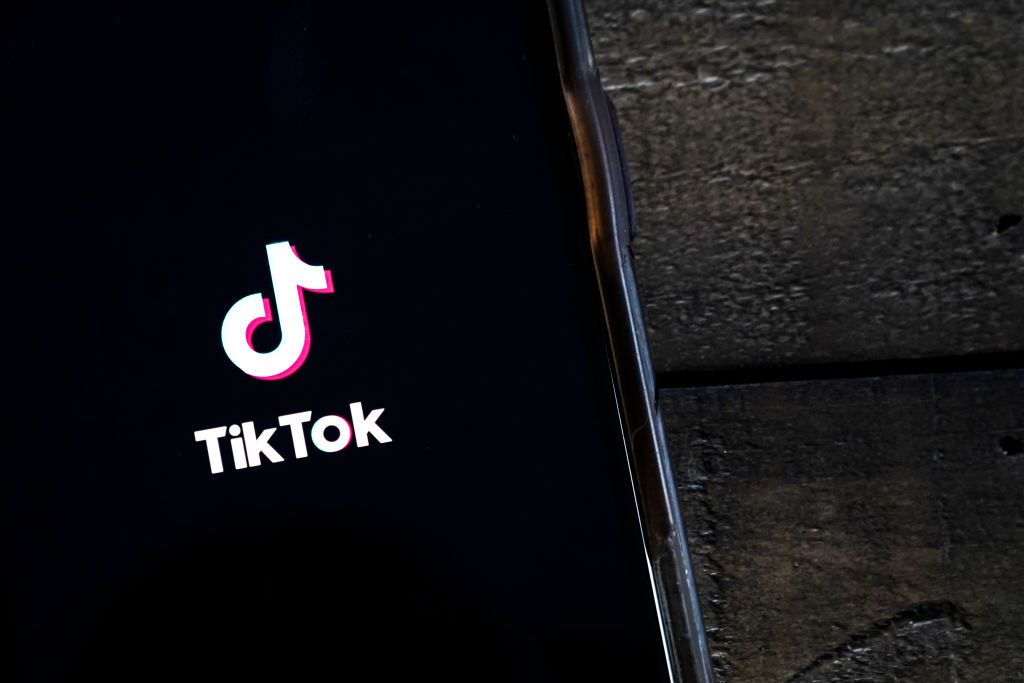Ukrainian lawmaker Yaroslav Yurchyshyn stated in an interview that Ukraine would consider banning TikTok if the U.S. takes the first step. This follows a bill passed by the U.S. House of Representatives requiring TikTok’s parent company ByteDance to sell its stakes in the company or lose access to U.S. markets. While the bill has not yet been passed in the Senate, the app remains available in the U.S. Yurchyshyn acknowledged the difficulty of actually banning the app in Ukraine but stated that they are monitoring the situation. Concerns around TikTok often revolve around its Chinese connections, despite the company’s assurances that it would not comply with Chinese government requests for user data access. The platform has also been used to spread disinformation, including during the war in Ukraine, as evidenced by TikTok’s discovery of a large network of pro-Russian propaganda on the app in February 2023.
This move by Ukraine to potentially ban TikTok mirrors actions being taken in other countries, such as the U.S., in response to concerns over national security and data privacy. The ease of access to large audiences on platforms like TikTok has raised questions about the spread of misinformation and propaganda, particularly in times of conflict. In Ukraine, the spreading of pro-Russian propaganda on TikTok led to criminal proceedings being initiated against an individual in Odesa who expressed support for Russia during a live stream. The reach of TikTok in Ukraine, with over 13 million users as of early 2023, highlights the potential impact of the platform on public opinion and discourse in the country. By considering a ban on TikTok, Ukraine is signaling its willingness to address the risks associated with the platform and its potential influence on social and political dynamics within the country.
The debate around TikTok and its potential ban in Ukraine also underscores broader discussions about internet regulation and the responsibilities of tech companies in safeguarding user data and preventing the spread of harmful content. The intersection of geopolitics, national security, and digital platforms like TikTok poses complex challenges for governments seeking to balance freedom of expression with the need to protect citizens from harmful information. Efforts to address disinformation and propaganda on social media platforms require collaboration between governments, tech companies, and civil society to develop effective strategies that uphold democratic values and protect vulnerable populations from manipulation. As Ukraine navigates the decision on whether to ban TikTok, it is engaging in a larger global conversation on the regulation of social media and the implications for information integrity in the digital age.
The potential ban on TikTok in Ukraine also raises questions about the role of social media platforms in shaping public opinion and influencing political narratives. The prevalence of misinformation and propaganda on TikTok and other digital platforms highlights the need for stronger mechanisms to verify information and prevent the spread of harmful content. By considering a ban on TikTok, Ukraine is asserting its commitment to combating disinformation and safeguarding its citizens from manipulation by foreign actors. As the country grapples with the challenges of protecting its information space in the digital age, the decision on TikTok reflects a broader effort to strengthen cybersecurity and defend against threats to national sovereignty in the online realm.
In conclusion, the potential ban on TikTok in Ukraine represents a response to the growing concerns around data privacy, national security, and the spread of disinformation on digital platforms. By monitoring the developments in the U.S. regarding TikTok and considering a similar action, Ukraine is signaling its intention to address the risks associated with the platform and protect its citizens from potential harm. The decision to ban TikTok, if implemented, would reflect Ukraine’s proactive approach to internet regulation and its commitment to upholding democratic values in the face of emerging threats in the digital landscape. As the country navigates the complexities of regulating social media, the debate on TikTok offers insights into the broader challenges and opportunities for ensuring a safe and secure online environment for all users.


